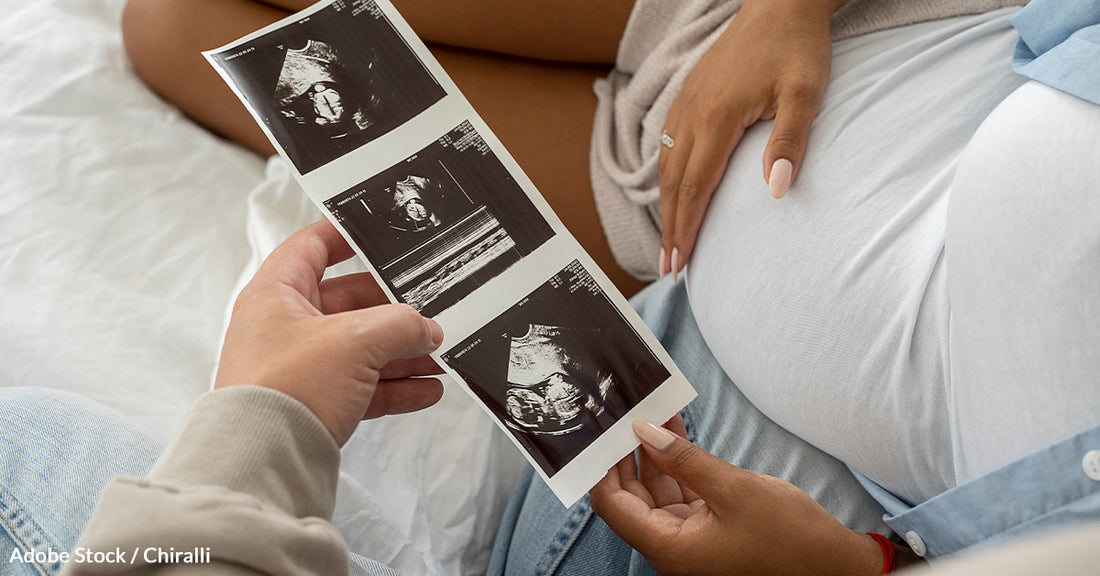Critical IVF Treatments Halted as Alabama Ruling Sparks Fears Over Embryo Rights
Matthew Russell
In a landmark ruling that sent ripples through the reproductive health community, the Alabama Supreme Court recently decreed frozen embryos to be considered children under state law.
This decision has ignited a flurry of discussions and concerns, particularly regarding its implications for in vitro fertilization (IVF) treatments in Alabama and potentially beyond.
 Photo: Adobe Stock / ATRPhoto
Photo: Adobe Stock / ATRPhotoIVF clinics have paused services in response to the Alabama Supreme Court ruling.
Alabama's Pioneering Ruling
The ruling, stemming from wrongful death cases related to embryos destroyed in a fertility clinic accident, leverages anti-abortion language from the Alabama Constitution, reports the Associated Press.
The court's majority opinion, penned by Justice Jay Mitchell, clarified that the state law from 1872, intended for wrongful death of a minor, extends to all unborn children, making no distinction regarding the embryo's developmental stage or physical location. This landmark decision marks a significant shift in the legal stance on embryos, potentially redefining the legal and medical approach to IVF and related fertility treatments.
Immediate Repercussions on IVF Treatments
The aftermath of the ruling saw a swift response from IVF clinics across Alabama. Concerns over the civil and potential criminal liabilities led at least two major clinics to pause their IVF treatments temporarily, according to the Johns Hopkins Bloomberg School of Public Health. This pause has affected numerous patients awaiting the final stages of their IVF procedures, highlighting the immediate and tangible impact of the ruling on individuals and families relying on these treatments for conception.
The implications of this ruling extend beyond the paused treatments. The very process of IVF, involving the thawing and transfer of embryos, faces scrutiny due to the potential for embryo damage or destruction, now fraught with legal consequences.
This scenario places a cloud of uncertainty over the future of fertility treatments in the state, with broader concerns about the implications for genetic testing and embryo selection during IVF processes.
 Photo: Pexels
Photo: PexelsCritics fear the ruling could limit access to reproductive healthcare.
Legal and Ethical Questions Arising
The ruling has sparked a broad spectrum of legal and ethical questions, particularly about the status and treatment of the over a million and a half frozen embryos across the United States, Johns Hopkins reports.
Existing practices in IVF are challenged by this decision, especially those involving genetic testing and the disposal of embryos not selected for implantation. These issues underscore the complex interplay between evolving legal standards, medical ethics, and personal choices in reproductive health.
Alabama's decision does not exist in isolation. It reflects a growing trend towards "fetal personhood" legislation across various states, aiming to grant embryos and fetuses legal rights and protections, reports The Guardian. This movement has gained momentum, particularly after the Supreme Court argued that states have a legitimate interest in the preservation and protection of prenatal life at all stages of development in the Dobbs v. Jackson Women's Health Organization decision, raising questions about the future of reproductive technologies and the legal recognition of embryonic and fetal life.
 Photo: Pexels
Photo: PexelsFamilies in the midst of IVF are left in limbo.
Legal and Legislative Responses
The Alabama Supreme Court's ruling sets the stage for a complex legal and legislative response. With the issue likely to return to the Alabama legislature, the future of IVF and embryo treatment in the state hangs in the balance. This scenario calls for a nuanced approach, incorporating insights from bioethicists, reproductive endocrinologists, legal scholars, and the community of individuals and families directly impacted by these technologies.
As the debate unfolds, it is clear that the implications of this ruling extend far beyond the borders of Alabama, posing critical questions about the intersection of law, ethics, and reproductive health in the United States. The conversation continues, with stakeholders from all sides weighing in on the future of fertility treatments and the legal recognition of embryonic life.
Click below and help us take action for American families.

 Photo:
Photo: 